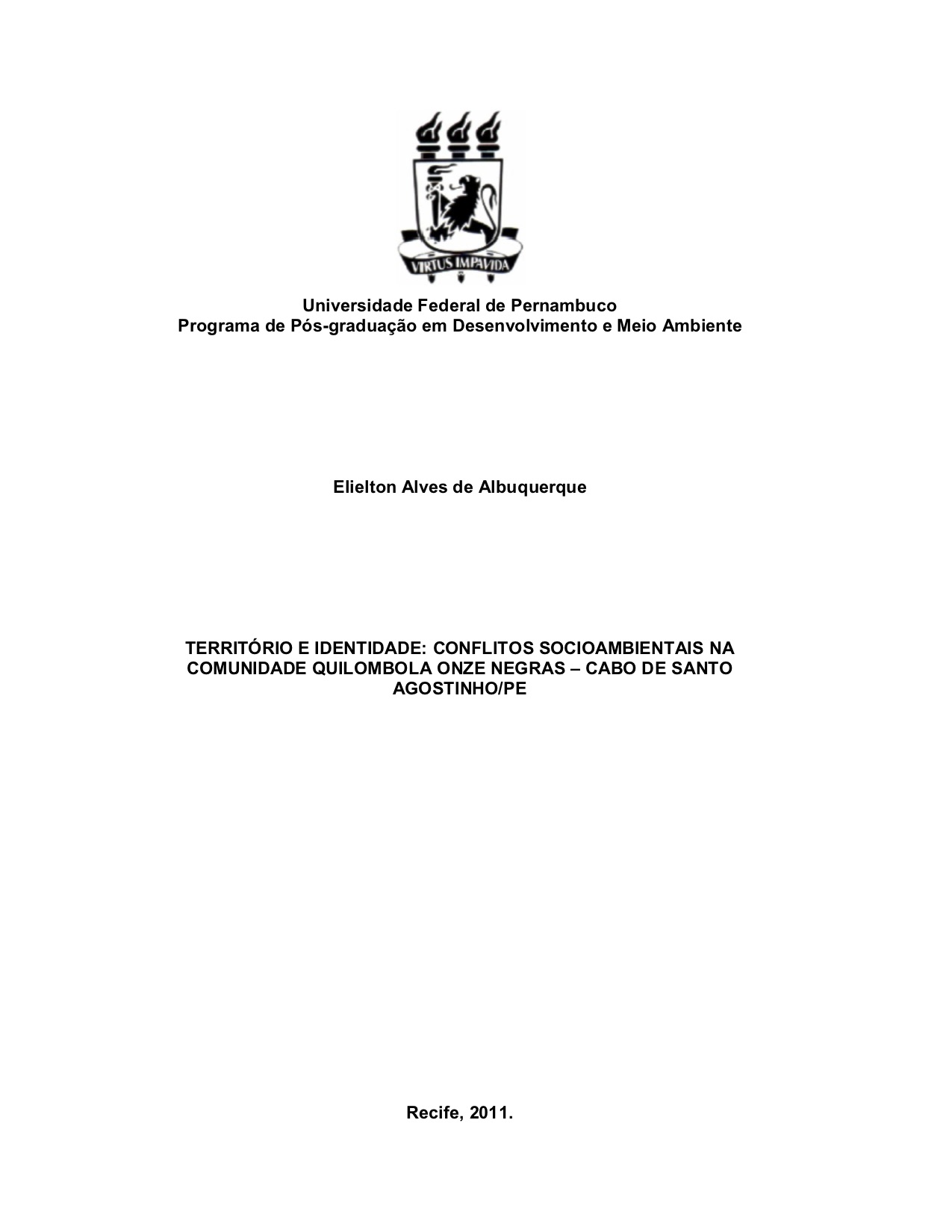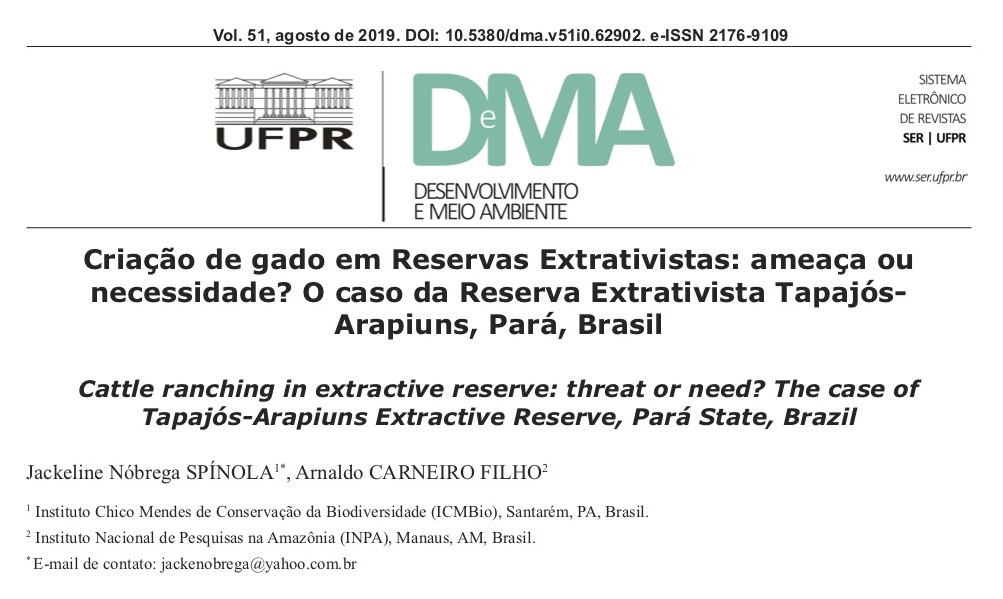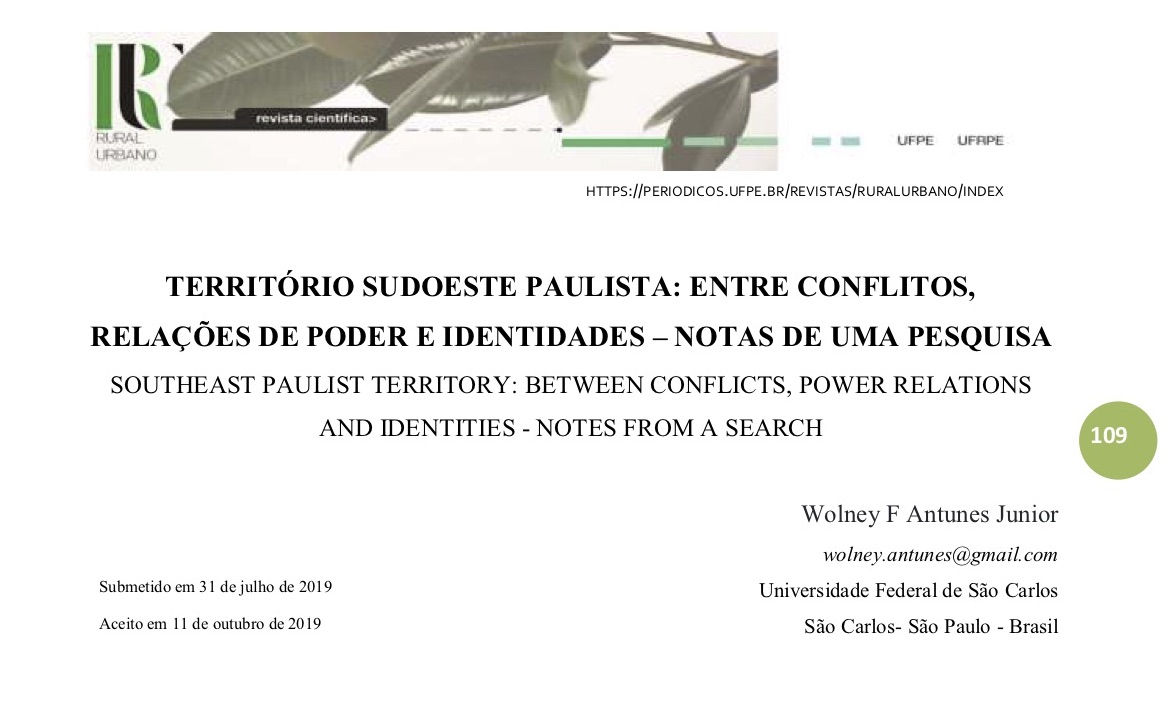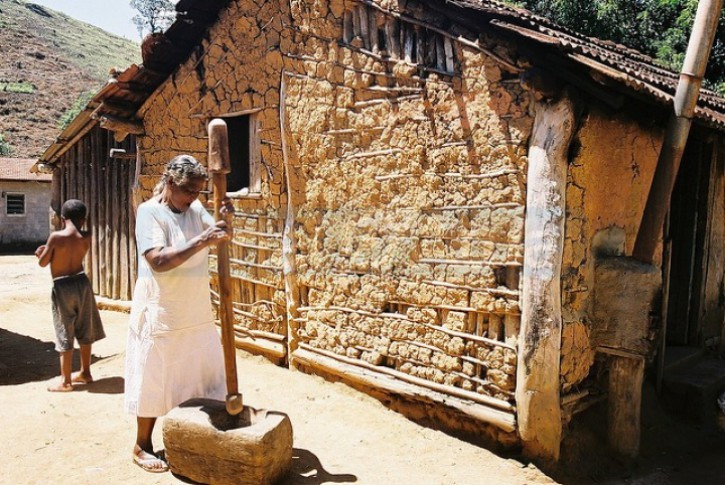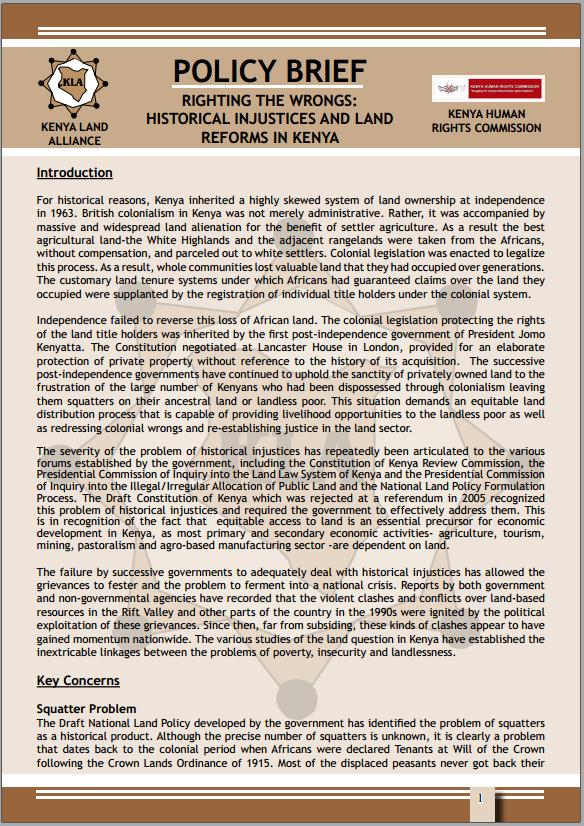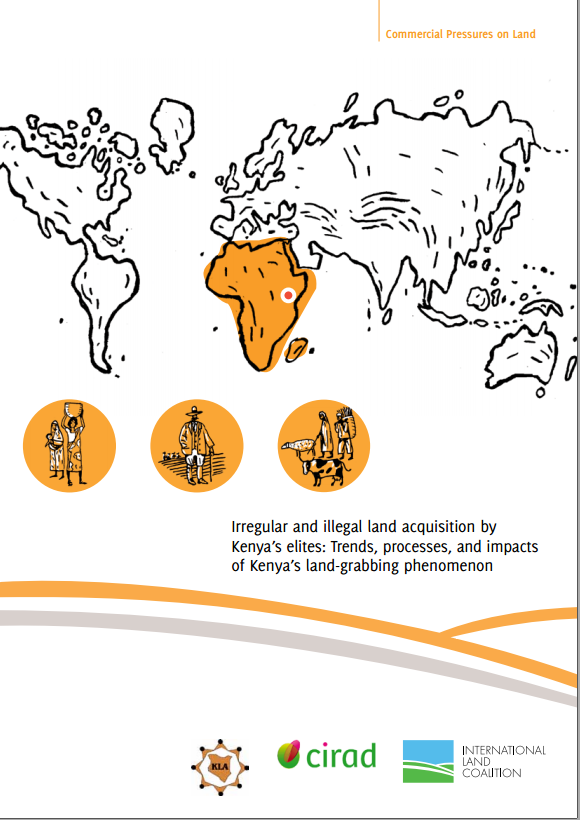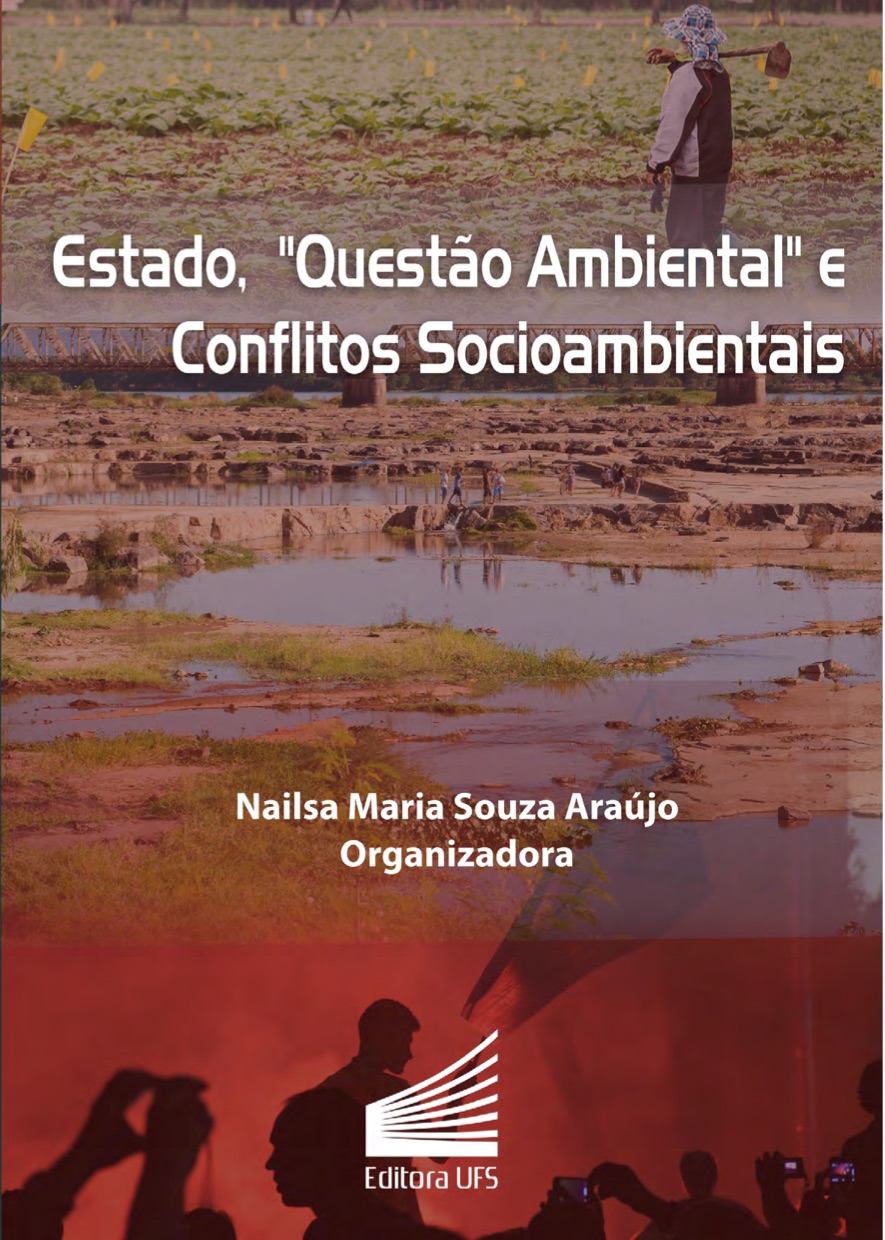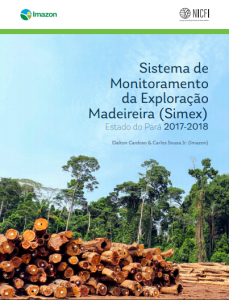RISCO, PRINCÍPIO DA PRECAUÇÃO E JUSTIÇA AMBIENTAL EM CONFLITOS POR MINERAÇÃO
TERRITÓRIO SUDOESTE PAULISTA: ENTRE CONFLITOS, RELAÇÕES DE PODER E IDENTIDADES – NOTAS DE UMA PESQUISA
A importância deste relato de experiência ganha tamanho e notoriedade quando - em meio a coleta de dados para uma pesquisa de mestrado sobre políticas públicas de desenvolvimento territorial e seus arranjos institucionais – vem à tona uma série de elementos que estruturam o entendimento dos territórios, que são os seus conflitos, as relações de poder e as identidades. Neste caso, são questões referentes ao território Sudoeste Paulista, que se situa entre o Norte Pioneiro do Paraná e o Vale do Ribeira.
A LUTA PELA EFETIVAÇÃO DOS DIREITOS ÉTNICOS E TERRITORIAIS DAS COMUNIDADES QUILOMBOLAS EM CONFLITOS SOCIOAMBIENTAIS
As Áfricas Brasileiras
O Brasil possui um passivo social e histórico com as comunidades quilombolas, marcado pela escravidão e a exclusão. As questões fundiárias são aquelas que mais afligem essas comunidades, que lutam pela regularização ou ampliação de seus reduzidos territórios. Embora seja visível o avanço jurídico representado pela legislação desde a Constituição de 1988, as comunidades quilombolas são marcadas pela vivência cotidiana de conflitos por terra.
Righting The Wrongs: Historical Injustices and Land Reforms in Kenya
For historical reasons, Kenya inherited a highly skewed system of land ownership at independence in 1963. British colonialism in Kenya was not merely administrative. Rather, it was accompanied by massive and widespread land alienation for the benefit of settler agriculture. As a result the best agricultural land-the White Highlands and the adjacent rangelands were taken from the Africans, without compensation, and parceled out to white settlers. Colonial legislation was enacted to legalize this process.
The National Land Policy in Kenya Addressing Historical Injustices
The Historical Injustices Issues Paper seeks to present the various historical land claims issues and perspective related to them and consequently proffer policy statements for their redress.
LAND ACCESS ACQUISITION COMPENSATION AND RESETTLEMENT IN THE CONTEXT OF EXTRACTIVES ON COMMUNITY LAND
About 3.5 billion people live in countries rich in oil, gas or minerals. With good governance and transparent management, the revenues from extractive sector can have positive impacts leading to poverty reduction hence boosting shared prosperity , while respecting both the needs of the community and the environment. The extractive sector in Kenya contributes about one (1) per cent to Gross Domestic Product (GDP) and three (3) per cent of the total export earnings.
Irregular and illegal Land Acquisition by Kenya’s Elites: Trends, Processes, and Impacts of Kenya’s Land-Grabbing Phenomenon
The International Land Coalition (ILC) has commissioned this present report to analyze the illegal/irregular acquisition of land by Kenya’s elites to ascertain the types of land affected, the processes used to acquire land, and the profiles of the perpetrators, as well as to identify the victims and the impacts of land grabbing. The report is drawn largely from the Kenya Land Alliance (KLA)’s series “Unjust Enrichment: The Making of Land Grabbing Millionaires”,
KENYA LAND POLICY: ANALYSIS AND RECOMMENDATIONS
This analysis and recommendations stem from USAID/Kenya’s request for an assessment of Kenya’s draft National Land Policy (dNLP).4 It was conducted under the global task order: Property Rights and Resource Governance Program, a mechanism designed and supervised by USAID-EGAT’s Land Resources Management Team under the Office of Natural Resources Management.

